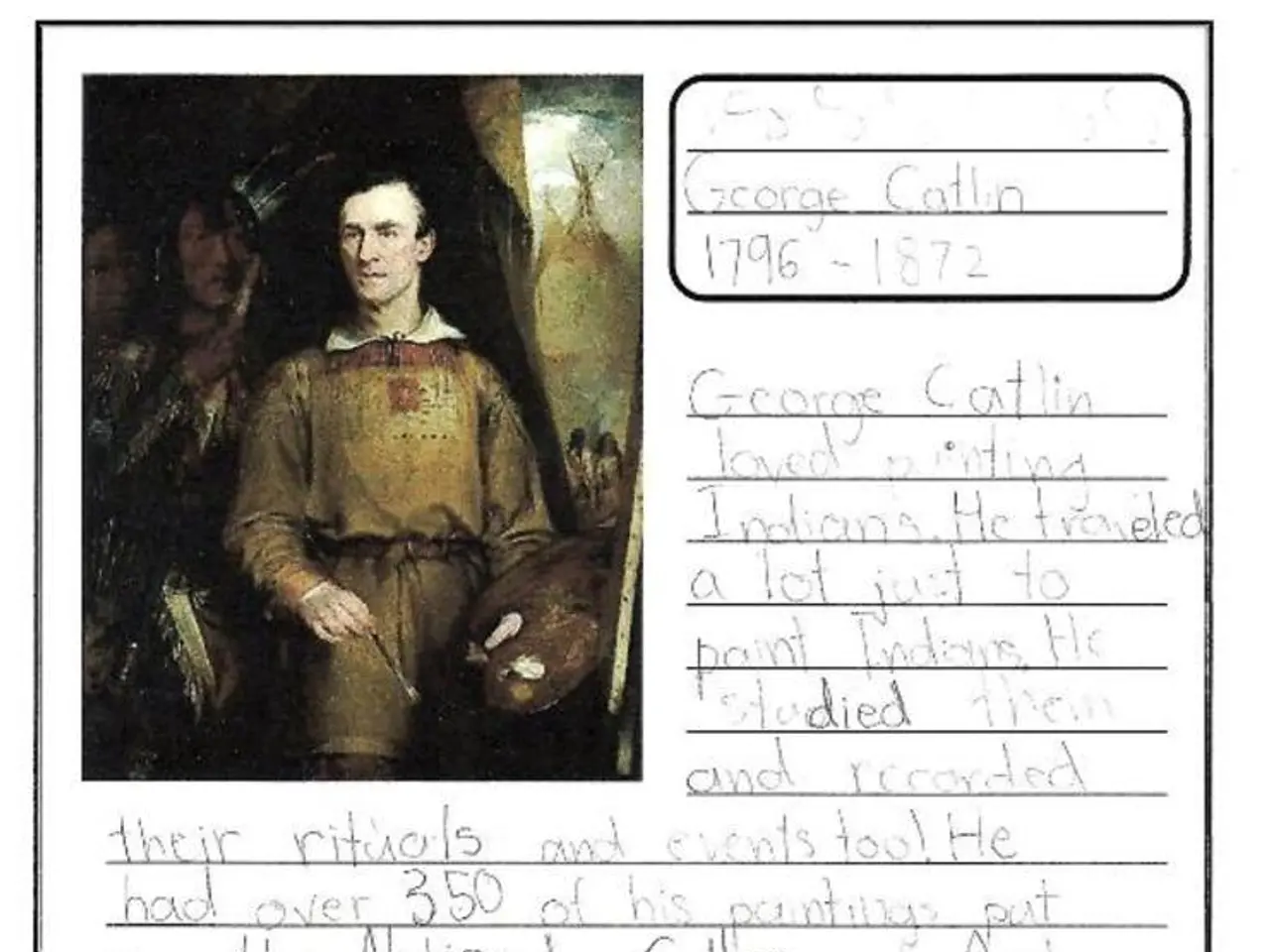Tales and Traditions: Reflections of Ancient Credos Across Cultures
In the tapestry of human history, myths and legends have played a profound role, serving as the foundational stories that bind communities, express ancestral worldviews, and safeguard cultural legacy. These ancient narratives, woven with moral fiber and historical significance, remain relevant in contemporary society, continuing to inspire modern art, literature, and media.
Myths provide a shared narrative that connects people to their collective past, establishing a sense of community and belonging. They often link a culture to divine or supernatural origins, giving people a shared history and set of values. For example, Indigenous peoples of North America use mythological stories to express their deep relationship to the land and their ancestors, which remains central to their cultural identity today.
These stories encapsulate the spiritual worldview and values of ancestors. They often explain the origins of the cosmos, humanity, and natural phenomena through the deeds of gods, heroes, and spirits. The Igorot creation myth, for instance, reflects not only their origin story but also their resilience and sacred connection to the land, reinforcing their identity and resistance to colonization.
Through oral traditions such as storytelling, songs, and rituals, myths transmit cultural knowledge and history across generations. They serve as a living link to the past, keeping cultural memory intact even amidst social changes or external pressures. Elders recount these myths during ceremonies and festivals, sustaining cultural continuity. This process upholds ancestral languages, customs, and spiritual beliefs inherent to the community’s heritage.
Myths often justify social orders, political structures, and rituals. Many ruling dynasties have legitimized their authority by claiming divine origins, as seen in ancient civilizations like Egypt, Mesopotamia, and India. Myths also provide a framework for important rites such as marriages and funerals, embedding cultural customs within a sacred narrative.
Beyond their historical role, myths continue to inspire modern art, literature, and media. Works by authors like J.R.R. Tolkien and Rick Riordan draw heavily on mythological themes, proving that these ancient stories remain relevant in shaping cultural imagination and identity.
The Marvel Cinematic Universe's portrayal of Thor, a Norse god, introduces ancient stories to an entirely new generation while retaining their essence. Similarly, the Arthurian legends cement the values and ideals of chivalric conduct in medieval British society, while La Llorona stories in Latin American folklore serve as cautionary tales about potential dangers.
Efforts to preserve myths and legends ensure that future generations remain connected to their ancestral beliefs, fostering a continuing conversation between past and present. Many cultures are taking steps to document and keep alive oral traditions, recognising their importance as cultural resources.
In essence, myths and legends function as foundational stories that bind communities, express ancestral worldviews, and safeguard cultural legacy, ensuring that core aspects of identity and heritage are honoured and perpetuated through time. They are fundamental to understanding our cultural identity and shared human history, resonating with universal themes that continue to captivate and inspire.
Myths and legends, interwoven with moral fiber and historical significance, persist in shaping contemporary society, revealing themselves in various facets of modern life, such as fashion-and-beauty, food-and-drink, travel, lifestyle, and art. For example, traditional Indigenous American fashion incorporates elements from mythological stories, maintaining a connection to their heritage. Similarly, food prep and recipes passed down through generations often carry symbolic meanings rooted in ancient myths. In the realm of travel, one may trace the footsteps of heroes from mythological tales, immersing in the rich cultural heritage they carried with them.
Expressing values and customs in a sacred narrative, these timeless stories continue to inspire a sense of belonging and identity, ensuring that the legacy and heritage of our ancestors remain not only academically preserved but emotionally relatable, serving as a bridge between the past and the present.




